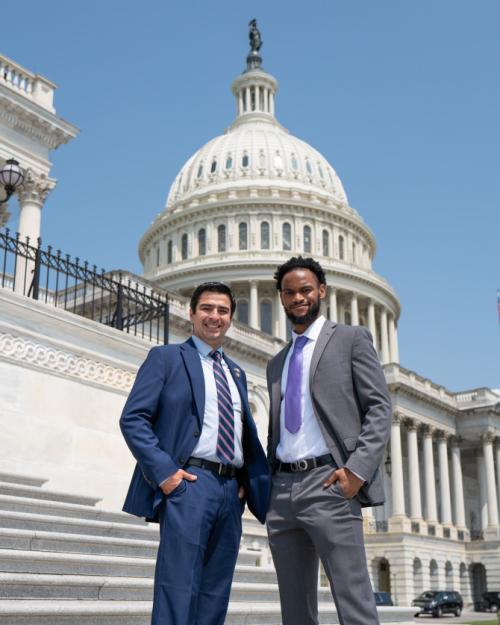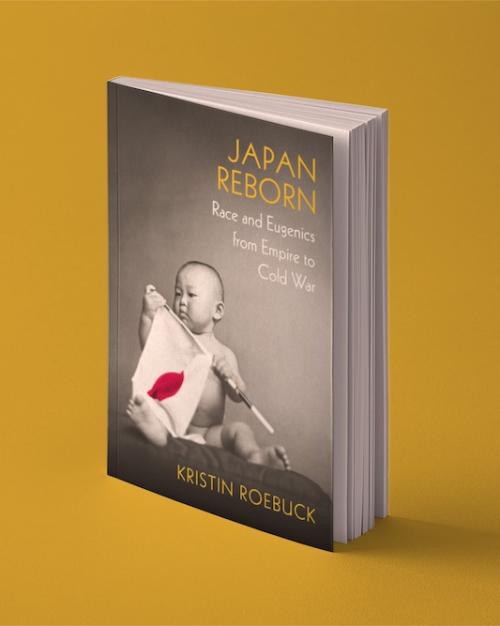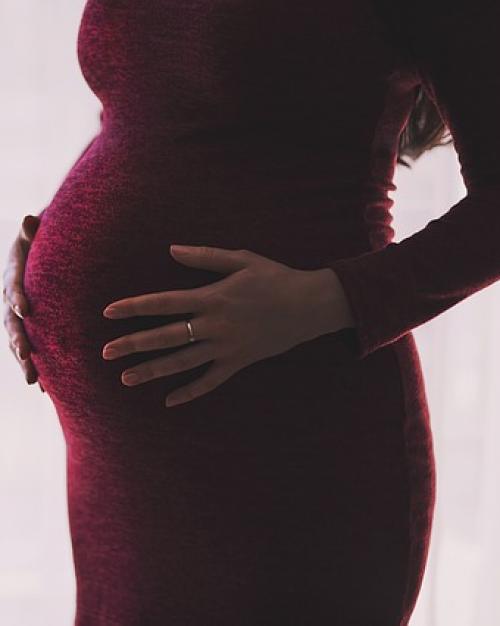A new study shows more U.S. adults who do not already have children are saying they are unlikely to ever have them — findings that could draw renewed attention to the risks of declining birthrates for industrialized nations.
Vida Maralani is an associate professor of sociology in the College of Arts and Sciences whose research is distinctive for bringing demography to bear on the study of social stratification in order to capture the multidimensionality and dynamics of inequality
“The pandemic and accompanying economic downturn has been quite difficult for many Americans, and economically challenging times often bring declines in fertility," says Maralani. "The pandemic has also made clear just how hard combining parenting and work can be when schools and child care shut down, especially for women. Women were more likely than men to lose their jobs or leave work voluntarily to care for kids, so it makes good sense that Americans are reluctant to say they want more kids today.
"But fertility can also recover as life returns to more normal, and one hopes that the lessons we have learned from this pandemic experience and the availability of vaccines for adults and children can help Americans feel more secure about the future,” Maralani says.
For media inquiries, contact Gillian Smith, gillian.smith@cornell.edu, 607-254-6235.




